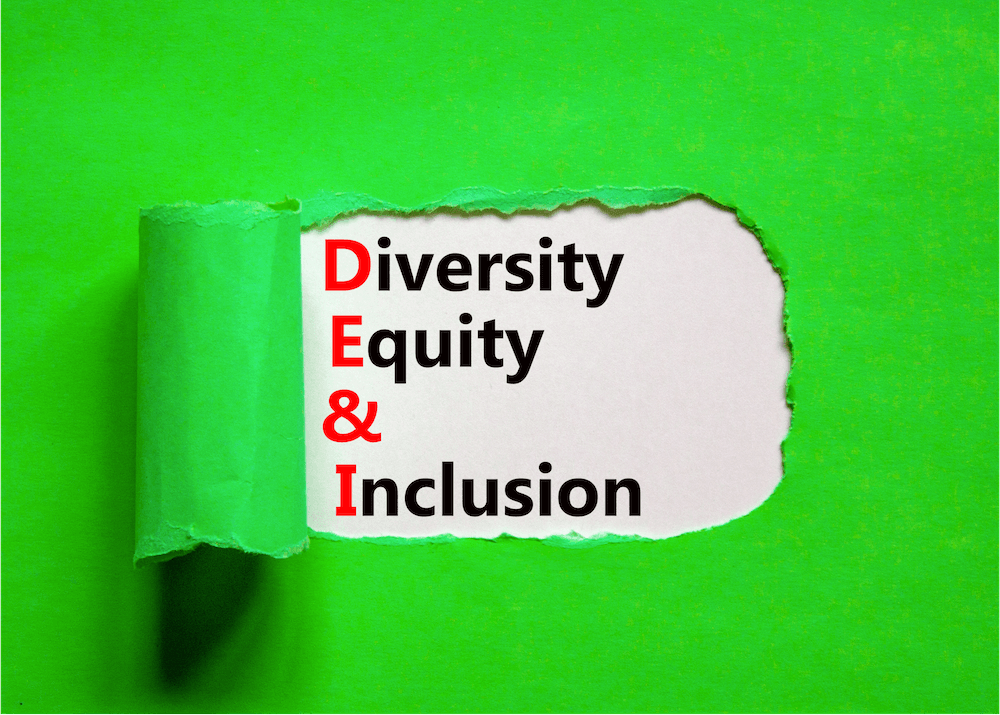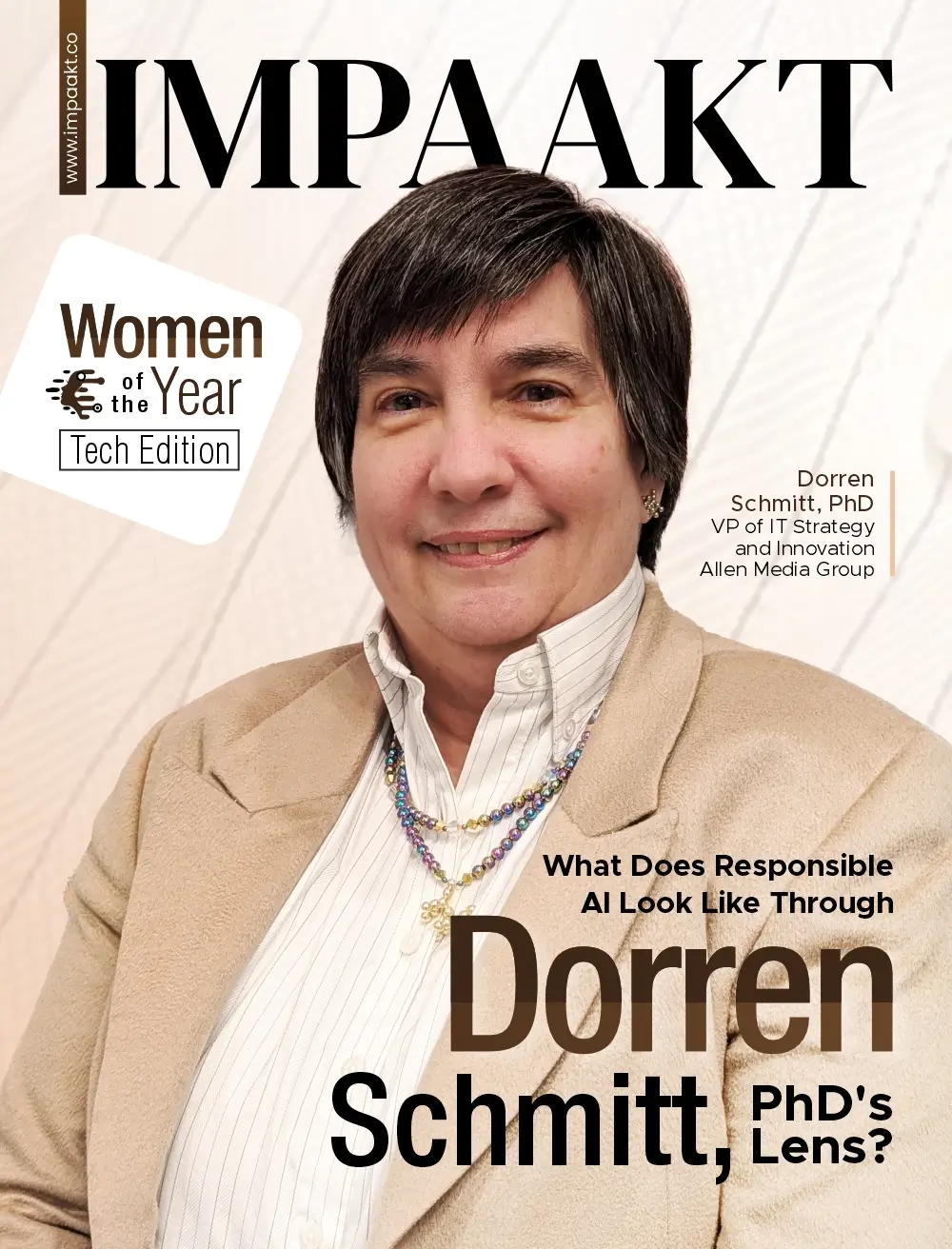George Mason University leadership has responded to a Heritage Foundation report that criticized the school for having one of the largest diversity, equity, and inclusion (DEI) bureaucracies in the nation. The report pointed out that George Mason, a public university in northern Virginia, employs at least 69 DEI staff members, translating to 7.4 DEI staff for every 100 faculty members.
Melanie Balog, a spokesperson for the university, strongly contested the report, deeming it as portraying a “bizarre and wholly fictitious picture of Mason as a toxic campus churning ‘radical ideologies’ through its diversity, equity, and inclusion efforts.” She argued that the report contained inaccurate numbers, math errors, and unverified anecdotes.
Balog emphasized that George Mason University’s definition of diversity extends beyond race and LGBTQ+ communities to include international students, students with disabilities, veterans, first-generation students, parenting students, low-income students, neurodiverse individuals, and those from various religious traditions. She warned that following the Heritage Foundation’s recommendations would endanger support for all these diverse student groups.
Furthermore, Balog highlighted the university’s achievements, such as its high ranking for free speech by the Foundation for Individual Rights and Expression, its recognition as a top institution for veterans by College Factual, and its “best of the best” rating by Campus Pride.
Balag also extended an invitation to the authors of the report to engage in an open dialogue with the university leaders to discuss their analysis further. In response, Jay Greene, one of the authors of the report, noted that the university had not provided specific rebuttals and insisted on evidence regarding the issues raised in their report, focusing on DEI bureaucracy and content on the university’s websites.











